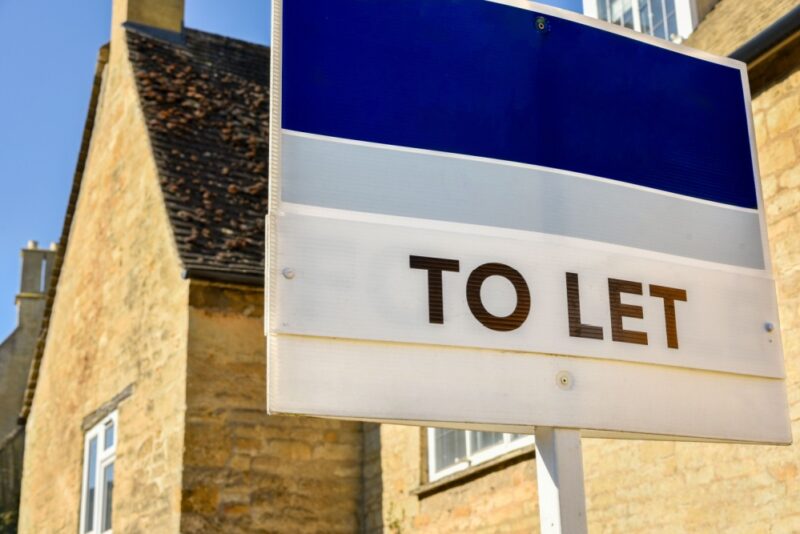The Help to Buy Equity Loan scheme has helped thousands of first-time buyers get on to the property ladder. By reducing the amount of deposit needed and making mortgages more accessible, the Help to Buy scheme has been a lifeline for aspiring homeowners. However, as repayments are linked to property value, some could find they owe more than they expect.
What is the Help to Buy Equity Loan scheme?
The Help to Buy Equity Loan scheme was announced in the government’s 2013 Budget and will run until March 2023. Since launching, over 310,000 households have used the scheme to buy a home.
The Help to Buy scheme helped first-time buyers in two key ways:
- Buyers can take out a mortgage with just a 5% deposit. As house prices have increased, it’s become more difficult to save the traditional 10% needed to secure a mortgage. The 5% deposit required under the Help to Buy scheme helped first-time buyers purchase sooner.
- The government provides a loan of up to 20% of the value of the property (40% in London). This means aspiring homeowners can take out a smaller mortgage. As affordability checks have become more stringent in the last decade, some first-time buyers find they are priced out of the market due to the amount they can borrow.
While restrictions when using the Help to Buy scheme have changed – for instance, there are now regional caps on the value of the property you can purchase – the basics remain the same. It can be a useful tool for helping first-time buyers get on to the property ladder. However, it’s vital that you understand how you’ll repay the loan and the role house prices play if you’ve already used the scheme or are thinking about it.
If you use the Help to Buy scheme, no interest is added to the loan in the first five years, but you must pay a monthly management charge of £1. After this point, interest will start to be added to your loan. The interest added will depend on when you took out the equity loan. It must be repaid after 25 years or earlier if you sell your home.
House prices have soared since 2013
Despite a year of uncertainty, house prices have soared in the last 12 months. Pent-up demand, the Stamp Duty holiday, and the introduction of 5% mortgage guarantees, means house prices are higher than ever.
According to the Halifax House Price Index, the average value of a home in the UK is now £261,743. That follows a huge 9.5% increase in just a year.
Data from the Land Registry highlights how much house prices have changed since the introduction of the Help to Buy Equity Loan Scheme. From March 2013 to March 2021, the average house price has increased by more than £87,000, from £168,681 to £256,405. That’s a rise of more than 50% in less than a decade.
Why do rising house prices matter?
If you’ve used the Help to Buy Equity Loan scheme, you’ve likely benefited from rising house prices. But how does this affect your finances?
Crucially, when you take out an equity loan, the government owns in stake in your home. If you borrowed 20% of the value of your home through the scheme, the government will effectively own 20% of your home until it is paid back.
This is important as the percentage owned remains the same, even if house prices change. So, as property prices have increased in the last eight years, you may have to pay more to the government than they originally lent you. Equally, if prices fell, you’d pay back less than you borrowed.
According to the Land Registry data, house prices have increased by 52% since the scheme was introduced. That could mean the amount you need to repay is much larger than you expect. If you plan to move home, it’s important you consider your property’s current valuation and how it could affect your plans. If you fail to factor in the increased loan amount, it may mean you’re hit with an unexpected bill and could cause your next property purchase to fall through.
Even if you hope to remain in your home, the amount of equity you own can affect your ability to secure a mortgage or a competitive interest rate.
If you’ve used the Help to Buy Equity Loan scheme and aren’t sure how it’ll affect your finances or need help taking out a new mortgage deal, please get in touch. We’re here to help you find the right mortgage for you.
Please note: This blog is for general information only and does not constitute advice. The information is aimed at retail clients only.




